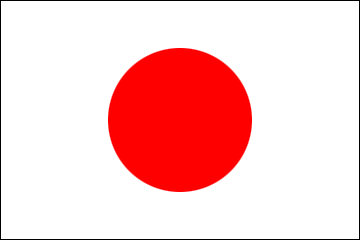Public Lecture at the United States International University (USIU)
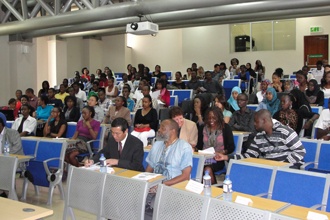
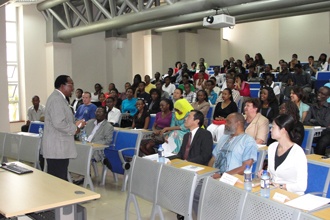
The lecture was opened by Ambassador Ligabo, a lecturer at the USIU. He welcomed the students, faculty, visitors and the visiting team from the Embassy of Japan. Being a former ambassador himself, he said that he was honoured that Ambassador Takata took the time to address the faculty and students of USIU.
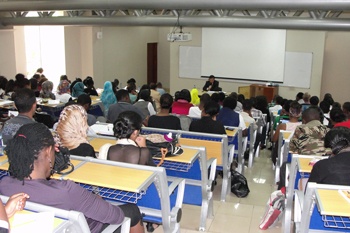
Ambassador Takata’s lecture covered various topics including Kenya-Japan relations, Japan’s economic cooperation with Kenya, the new constitution of Kenya and the upcoming elections. All this was talked about in the view from Japan Economic Relations.
By way of introduction, Ambassador Takata mentioned that after the Great East Japan Earthquake and Tsunami, there was a great outpouring of love from Kenyans to the Japanese, and he was happy to feel the sense of affinity and trust the Kenyans had towards the Japanese. This outpouring of love was probably brought about because of the economic cooperation and also the existence of Japanese nationals who work as experts in various fields, volunteers who help in various causes, and also Japanese nationals who live in Kenya.
Regarding Japan’s cooperation with Kenya, Ambassador Takata stated that cooperation has grown such that Kenya is Japan’s number one recipient of development cooperation in Sub-Saharan Africa. He then proceeded to highlight the five areas which Japan’s development cooperation with Kenya covers. These are: economic infrastructure building, agriculture, environmental conservation, human resources development and the improvement of health and sanitary conditions.
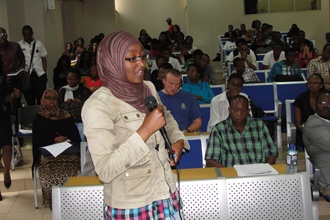
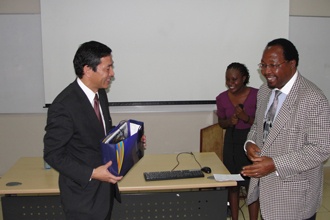
Japan’s main objective in development cooperation is that Kenya will one day overcome its challenges and realize economic and social development. That it will become a model of development in the East African region and Sub-Saharan Africa, and that it will realize its potential for economic development. Ambassador Takata likened this objective to the saying ‘Give a man a fish and you feed him for a day. Teach a man to fish and you feed him for a lifetime.’ Ultimately, Japan’s goal for Kenya is that economic cooperation will become unnecessary.
Regarding leadership and governance, Ambassador Takata said that Kenyan politics should be issue-based as opposed to interest-based; that it was important for all involved to start thinking in a win-win way for the good of the country.
At the end of the lecture, members of the audience were invited to ask questions. The questions asked ranged from advice on time keeping to Japan’s view on Kenya’s role concerning Somalia. A vote of thanks was given by June, a student from USIU, who said that the one thing that stood out for her from the lecture was when Ambassador Takata said that the aim of Japan’s cooperation is to end dependency. She added that it was good hearing from a creditor that it’s about time you stopped looking to us.
